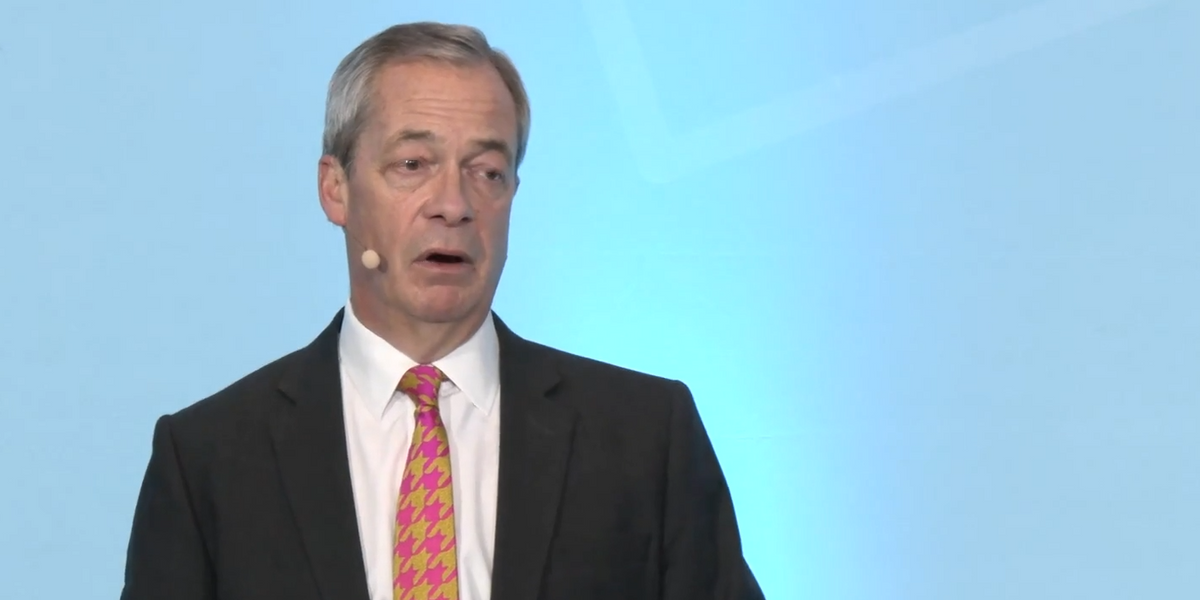If there is going to be a global medical crisis once more, Israel’s leaders, who are busy enough as is with another life-threatening crisis, must learn from their past choices.
By JPOST EDITORIAL JANUARY 7, 2025 05:57 A woman wears a protective mask during the coronavirus pandemic
(photo credit: TEL AVIV UNIVERSITY)
A woman wears a protective mask during the coronavirus pandemic
(photo credit: TEL AVIV UNIVERSITY)
China is experiencing a rise in human metapneumovirus (HMPV) cases, causing hospital overcrowding and heightening public fears of a potential epidemic. The surge coincides with the winter season, a time when respiratory illnesses commonly increase due to colder temperatures and more indoor gatherings that promote virus transmission.
For those of you who have been on Planet Earth for more than three years, this may give you whiplash. Indeed, similar to the current surge in HMPV cases in China, the coronavirus saw seasonal spikes, particularly during colder months.
Just as hospitals are now overwhelmed due to HMPV, healthcare systems faced immense pressure during COVID-19 outbreaks. The combination of indoor gatherings and lower temperatures created conditions that accelerated viral transmission, highlighting a broader pattern where respiratory illnesses, including coronaviruses, tend to peak during colder seasons, straining public health resources and raising concerns about widespread outbreaks.
According to official global reports, an estimated 6.9 million deaths have been attributed to COVID-19 since the pandemic began in late 2019, according to the World Health Organization (WHO). However, studies indicate that the actual toll may be significantly higher, with some estimates suggesting over 20 million excess deaths during the pandemic period, taking into account underreporting and indirect fatalities linked to strained healthcare systems.
Israel’s response to the COVID-19 pandemic was characterized by rapid actions, a highly effective vaccination campaign, and a mix of strict lockdowns and evolving public health policies. It made life, in a word, harsh.
Israel implemented one of the world’s earliest and strictest lockdowns. The first national lockdown began in March 2020, following a rapid increase in cases. Non-essential businesses were closed, schools shifted to online learning, and citizens were restricted to staying within 100 meters of their homes except for essential activities such as purchasing food or receiving medical care. Borders were closed, and mandatory quarantines were imposed on returning citizens.
This initial lockdown was largely successful in flattening the curve of infections, but it came at a significant economic cost, with businesses shuttered and unemployment rates soaring.
The second national lockdown occurred in September 2020, just as Rosh Hashanah, Sukkot, and Yom Kippur were approaching. This lockdown was triggered by a sharp surge in COVID-19 cases after a rapid summer reopening, with mass gatherings contributing to the rise in infections. Restrictions during this period mirrored those of the first lockdown but were even stricter in some areas.
The third national lockdown was implemented in late December 2020 after yet another wave of infections, this time driven by the more contagious Alpha variant. The surge coincided with delays in the early stages of the vaccination campaign, prompting the government to reintroduce strict measures. By February 2021, Israel’s high vaccination rates allowed for a gradual easing of restrictions, which many credited with preventing the healthcare system from becoming overwhelmed. Nevertheless, that left the country in a health and economic crisis for nearly a full year, and the impact of that is still felt today.
A reason to worry?
So now, with the new spike in HMPV infections in China, everyone’s a little on edge. While Beijing has downplayed the situation as a routine seasonal trend, new monitoring measures have been implemented, including a pilot program to track pneumonia cases of unknown origin.
Stay updated with the latest news!
Subscribe to The Jerusalem Post Newsletter
HMPV, first identified in 2001, is a respiratory virus that spreads through droplets and contact with surfaces, causing symptoms such as cough, fever, and fatigue. Although usually mild, it can lead to serious complications in vulnerable populations like children, the elderly, and those with weakened immune systems. Unlike COVID-19 but much like the peak of the coronavirus pandemic, HMPV has no vaccine or specific antiviral treatment, with care focusing on symptom management.
So, do we have another coronavirus on our hands? It is hard to say, but despite growing attention, officials stress that HMPV is not a novel virus-like COVID-19. It has been circulating globally for years, with populations developing partial immunity. But if there is going to be a global medical crisis once more, Israel’s leaders – who are busy enough as is with another life-threatening crisis – must learn from their past choices, both positive and negative. Prevent panic, maintain safety, and avert collapse.

 By The Jerusalem Post (World News) | Created at 2025-01-07 04:00:08 | Updated at 2025-01-11 17:01:28
4 days ago
By The Jerusalem Post (World News) | Created at 2025-01-07 04:00:08 | Updated at 2025-01-11 17:01:28
4 days ago








